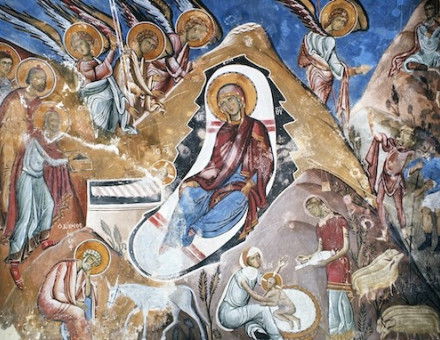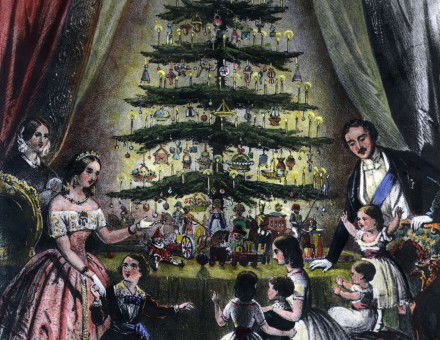The Disaster at T’u Mu
That an occupant of the Celestial Throne should fall into the hands of the barbarians was an unprecedented catastrophe. Nora C. Buckley describes how the situation was cleverly dealt with by his ministers.
‘The son of heaven has been captured! The Emperor is a prisoner of the Mongols.’ This announcement in September 1449 stunned the Imperial Court at Peking. Cheng T’ung, sixth Emperor of the Ming Dynasty (1368-1644), had been captured at T’u Mu, fifty miles northwest of the capital, and the enemy had hustled him off over the Great Wall.
The Celestial Throne was vacant and the loss of prestige - an Emperor of China a prisoner of the ‘barbarians’ - presented an unprecedented and embarrassing situation, paralyzing the Court and terrorizing the population.
The army, too, had been practically annihilated in the disaster, and among the dead were a great number of officers, officials, and leading eunuchs, including Wang Chen, a most powerful person close to the throne. Important military posts were rendered leaderless. And it seemed that in the natural course of events the Mongol horsemen would return very soon to attack the city.





